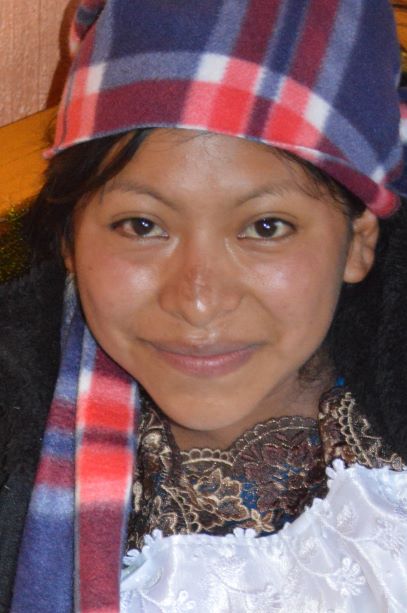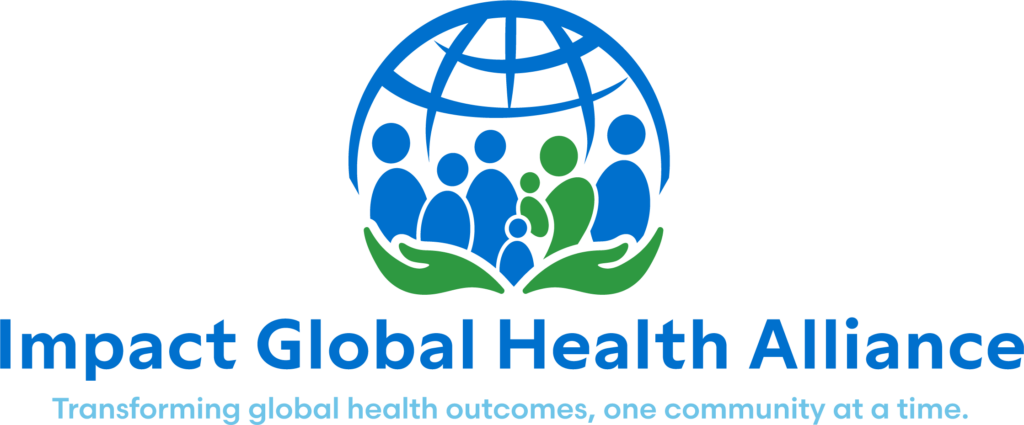Children
According to the Oxford Press, a child is “A young human being below the age of puberty or below the legal age of majority.” In sixteen countries, that age is not 18 but rather 17 or 16. Though parents today know that our “children” no matter their age, will always be our children. You probably know that Impact Global Health Alliance Global saves the lives of children (especially under five years old) around the world. They are the most vulnerable, unable to speak up for themselves or to go and seek healthcare when they are sick. That is who we fight for, those who can’t speak up for themselves.
Adolescence – defined as the period ages 10 through 19 – is one of life’s most critical stages, characterized by both great potential and vulnerability. This is particularly true of nutrition: during adolescence the body acquires 35% of its body mass and 25% of its bone mass, and malnutrition during this life-stage can compromise lifetime health.[1] This is especially true of adolescents in resource-poor communities, who may enter adolescence already stunted or underweight, and doubly so for adolescent mothers whose pregnancies rob them of energy and nutrients for their own development.1
Some young people engage in risky behaviors that affect their health and that of their peers therefore the majority of health problems are psychological. Many young people experience multiple problems. These behaviors are established as a young person and go on to become the lifestyles of adults leading to chronic health problems.
[1]Delisle, Helen. (2005). Nutrition in Adolescence- Issues and Challenges for the Health Sector.WHO, Geneva, Switzerland.
Who are the children?
Teresa was excited. She was pregnant with her first baby. But something didn’t feel right.
At first, she thought she was going into early labor. She started pushing, but it seemed like the pain was something else.
When she came to our Casa Materna, our staff was quickly able to ID treat the issue. They ultimately helped her to not injure herself by pushing too early.
Anxious from the scary situation, she was able to safely deliver her baby the next week.
Teresa’s sister-in-law also happens to be one of our Community Facilitators, local women who are trained to train their neighbors about best practices concerning pregnancy, delivery, and caring for infants. Teresa says she feels confident having her sister-in-law around as a resource.
We have served over 100,000 young people around the world, and right here in the US. That is over 100,000 stories just like Teresa.
What do we do?
We have a variety of programs for children, including in the home, at school and adolescent groups where they work together on a theme. The type of education is varied and student driven. Themes include hand washing, dental care, healthy eating and exercise habits, family planning, sex education and empowerment/self-esteem, gender-based violence prevention and “stay in school” messages. Another important theme is the environment, education on the three Rs (reduce, reuse and recycle) is a popular and well received class for children in schools. These classes meet children where they are and are part of the Impact Global Health Alliance Global holistic approach to health. Every class includes an activity or game. We have seen that households receive residual benefits when children remember the message and take it back to their homes, they create habits and influence their families.
Every person counts, every person is counted. Data is driving our educational themes and we have results to back it up!
Why is it effective?
After many years of working in this field our evaluations have shown the value of including adolescents. Our experts have recommended serving youth under age 18 for three reasons: First, because teenage pregnancy is such a problem, it is important to teach about family planning and child marriage laws while at a time where prevention is possible. Explained by the local ministry of health, “…many 15 year olds are pregnant from men who are in their 60s. There is a big problem with legality in relationships. The law says that a woman must be 15 years old to marry, but this law is not enforced, and the law should also be older than 15.”
Despite the conservative culture, a government counselor recalled a time that sexual health was taught in schools, so it is not beyond reason to implement again. Second, adolescents are in a stage of learning and personality development, and therefore may more quickly and more easily adopt healthy behaviors than their parents. Third, adolescents can teach their families what they have learned. The current proportion of children attending school is much higher than previous generations, so teaching adolescents in schools is a way to reach women who are not yet participating in the Impact Global Health Alliance Global programs.
Some of our results
A recent survey in partner communities in Guatemala shows that the women have, on average, less than 4 years of schooling and more than three children before the age of 25. The average age of the first pregnancy is under 18. These women are important to the future of their communities. One of our key drivers of success are to ensure women use the Casa Materna services. Among adolescents we see that 90% of pregnant women are taking advantage of services. Not only are we providing these young women with social and emotional support, we are providing high-quality care. We educate these young women on the importance of breastfeeding, on family planning and on care for her new baby.
In Guatemala, at our newest Casa Materna, we have 100% attendance for adolescents, reaching over 250 adolescents in three months. In Kenya, 785 children under 2 have received life-saving immunizations and 301 children are receiving nutritional support.
Help us today, donate now.
Stay connected with Impact Global Health Alliance Global by visiting our website, Facebook page, YouTube, and join us! Because of you, we can save lives of women and children in forgotten communities by fostering personable and sustainable health services. Take action Now
Please join us in serving our neighbors here. Check out how you can get involved and upcoming dates.





